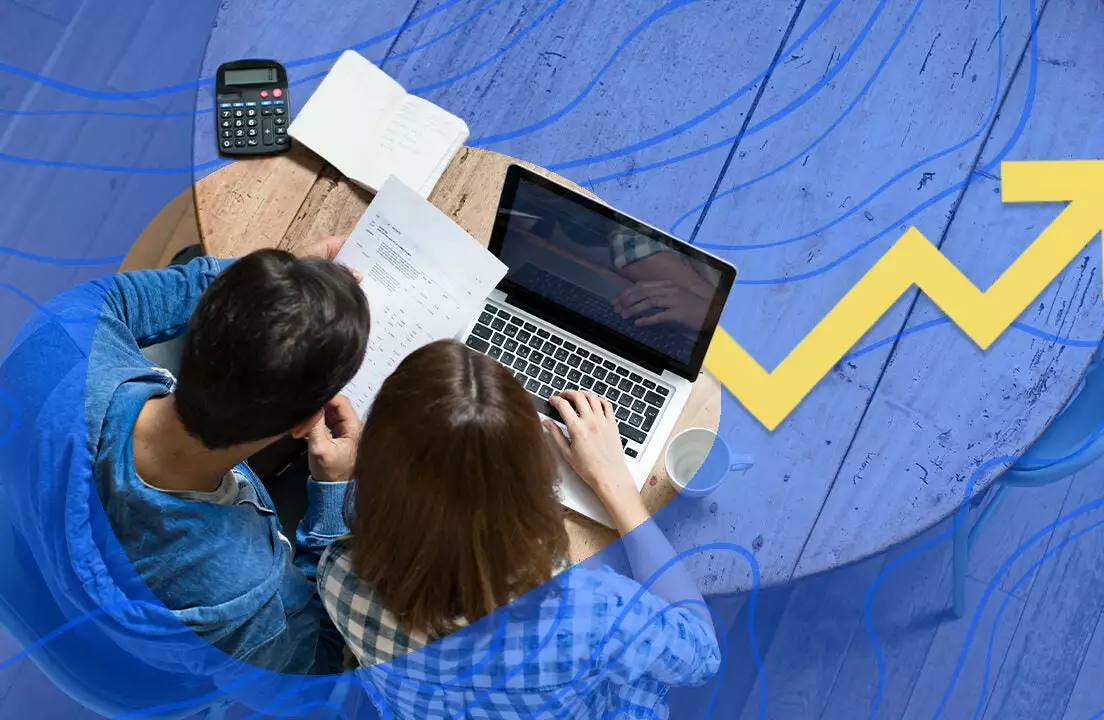Educational Loan: What You Need to Know Before You Borrow
Thinking about a degree or certification? The tuition bill can be scary, but an educational loan can turn that fear into a doable plan. It’s basically a lump sum that you pay back after you finish your studies, with interest added on. The key is to treat it like any other big purchase – know the cost, the terms, and the finish line.
Key Things to Check Before Applying
First up, eligibility. Most lenders want you to be a citizen or permanent resident, have a decent credit score, and show proof of admission to a recognized institute. If you’re a fresh high‑school grad, you’ll likely need a co‑signer – usually a parent or close relative – who can back the loan.
Next, interest rates. Government‑backed loans often have lower rates than private banks, and some even offer a fixed rate for the whole term. Private lenders may tempt you with low introductory rates that jump after a few years, so read the fine print.
Then, repayment options. Some loans let you start paying only after you land a job, while others require small payments while you’re still studying. Choose the plan that matches your cash flow – a grace period can be a lifesaver if you’re job hunting after graduation.
Don’t forget fees. Processing fees, pre‑payment penalties, and late‑payment charges can add up. A quick spreadsheet comparing total cost after five years can reveal which loan really saves you money.
Managing Your Loan After Graduation
Once you get that diploma, the loan doesn’t disappear. Set up automatic payments to avoid missed‑due notices – most lenders waive a small portion of interest for autopay. If your salary is lower than expected, reach out early. Many lenders offer temporary forbearance or income‑driven repayment plans.
Consider extra payments. Even a modest extra amount each month can chop years off your loan and reduce total interest. Focus on the highest‑interest loan first if you have multiple sources.
Stay on top of tax benefits. In many countries, the interest you pay on an educational loan is tax‑deductible up to a certain limit. Keep receipts and check each year’s tax forms – it could mean a nice refund.
Finally, protect yourself. Keep copies of the loan agreement, repayment schedule, and any communication with the lender. If you change jobs or move abroad, update your contact details so you don’t miss important notices.
By knowing the basics, comparing offers, and planning repayment early, an educational loan can be a powerful tool rather than a burden. Use the tips above, stay organized, and focus on turning that degree into a career that pays the bills.

Is there any way to pay my educational loan without interest?
I recently explored the topic of whether it's possible to pay off an educational loan without interest. To my surprise, I discovered that there are indeed ways to achieve this, such as seeking out interest-free loans, applying for loan forgiveness programs, or finding employers that offer loan repayment assistance. It's essential to research and evaluate your options carefully to find the best solution for your financial situation. So, if you're struggling with interest rates on your student loans, don't lose hope - there are alternatives out there that can help ease the burden.
more
